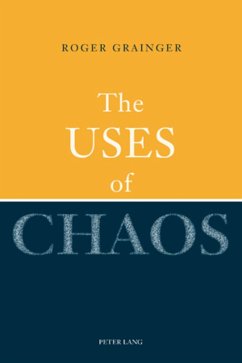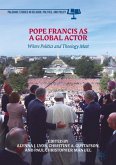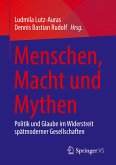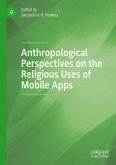This book is about experiences of personal chaos and their relationship to creativity. It presents evidence that creativity emerges where it seems totally unlikely, in things and places which are not usually associated with it: catastrophe, utter hopelessness and desperation, grief and depression, social oppression and injustice, failure and boredom. All these are chaotically disruptive of what we usually call 'quality of life'. In fact, they are different kinds of chaos, which represents the effective reversal of human meanings, thus bringing home the limitations of simple theorising. In this book the author concentrates on ways in which chaos impels us to make new kinds of sense of life, and to start living in a world which we experience as authentically different from whatever went before. This is chaos as a sustaining presence which is essential for life as it alone permits real change to take place.








